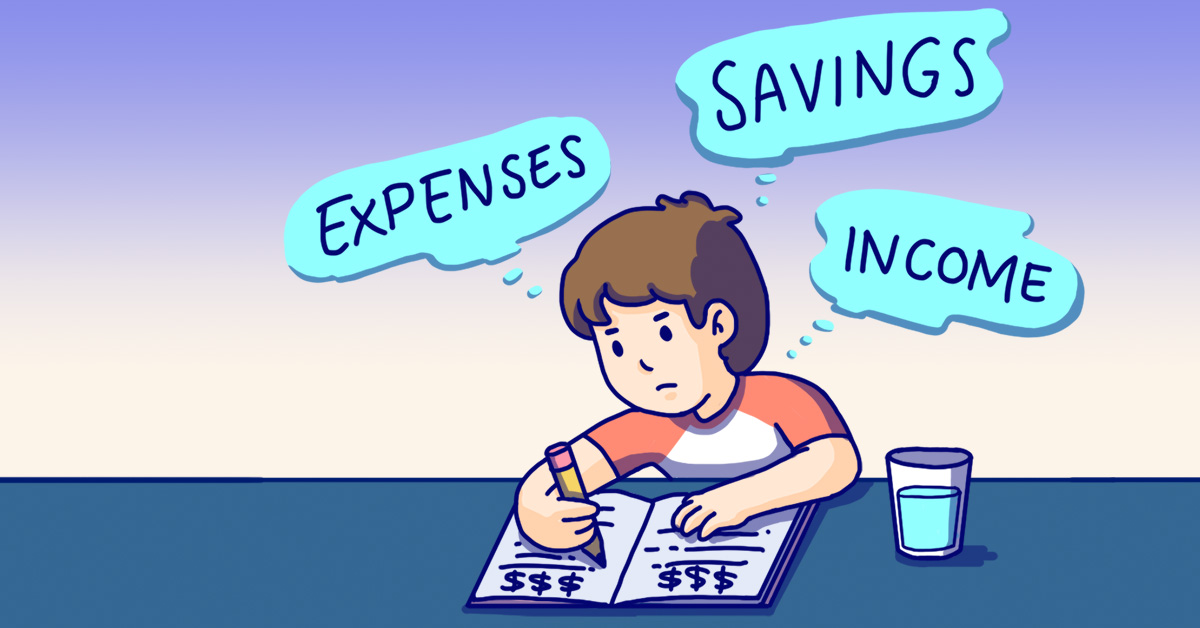Budgeting | Career & Education | Personal Finance | Article
The Year Is Ending – If You Don’t Have $100K Saved, Don’t Beat Yourself Up About It
by Sophia | 7 Dec 2020 | 4 mins read

We’ve heard (or read) countless stories about how people have reached a seemingly defining financial milestone by the time they hit the age of 30: having $100K saved up. Just ask BudgetBabe or Jeraldine Phneah and they’ll tell you how they did it. Pretty impressive, no?
The emergence of this “trend” does bring us to one question though: what about the rest of us who weren’t able to — or haven’t — saved that staggering amount of money by then?
Look at your bank account. Then look back at this blog post.
It might be demoralising to think that you’re nowhere near hitting this milestone like many others have done — and you might even be wondering if there’s something wrong with the way you handle your money. But we don’t necessarily believe that, and neither should you.
It’s OK to Not Have $100K Saved Up

Not having that amount of money saved doesn’t mean you’re less financially woke than the others who’ve made it — at least in the savings department.
After all, we have to remember that every person lives with a different set of circumstances and financial obligations. There are plenty of variables involved that affect the way a person’s life goes: their earning power, their existing responsibilities, even where they live and the resulting cost of living in that country.
Even a person’s differing life goals can make an impact in the way they save — or how much they can save.
Some of us might not have the luxury of a high savings rate because we’re not earning enough to have an above average level of disposable income. Others might have to financially contribute to their family in more ways than one.
What you can control, then, is the savings rate that you decide for yourself, based on your expenditure, needs, and what you can reasonably set aside each month without going broke.
And even if that doesn’t get you to $100K in the bank by age 30, that’s fine. Perhaps the deadline we’ve set for ourselves is arbitrary — maybe what really matters is that we’re committed to saving money within our means, and sticking to that habit.
Set a Goal That Works For You Alone
The end of the year is a time for reflection and, perhaps, creating new resolutions and setting goals.
If you feel like you’ve fallen short of your own expectations and didn’t manage to hit your savings goal, it’s time to recalibrate your approach. Stretching yourself for the $100K goal, when it’s not realistic or achievable, will lead to stress and burnout — and a lot of disappointment.

Now is the time to ask yourself what works best for you. Set that savings goal, break it down into a monthly amount, and decide if that fits nicely into your budget or if it’s going to be detrimental to your quality of life.
Not sure where to start?
Try out the 50/30/20 rule and see if it works for you (because it might not work for everyone). If that doesn’t take off, there are other ways to smoothen the budgeting process and make saving a painless process, such as learning how to track your expenses.
Even the laziest of us can get on top of budgeting — all we need are the steps to get there. But the most important thing in all of this?
Setting a goal that’s realistic for you, and no one else. While saving $100K is an impressive feat, it doesn’t have to be a rite of passage for every person to prove that they’re capable with their finances.
What works for someone else might not work for you — and sometimes the best way to encourage yourself is to avoid comparing your journey with another’s and simply focus on the next immediate step.
And, maybe, in a year’s time, you’ll look back and see that you’ve gone further than you ever thought possible.
















